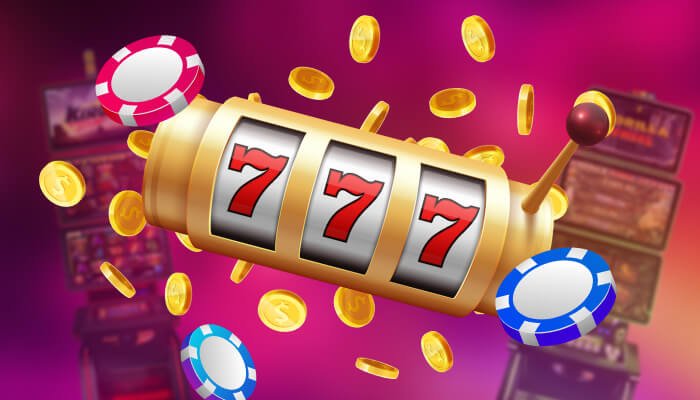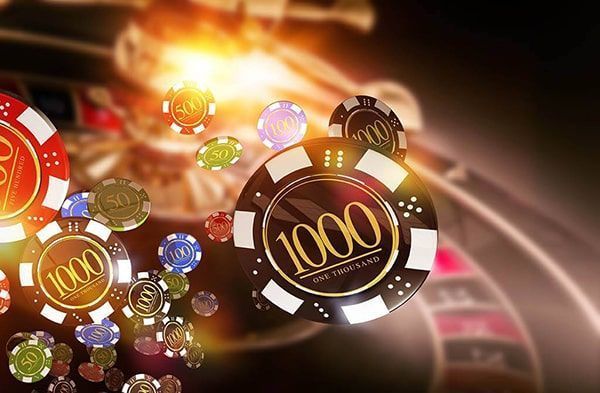
Online Casino God Odds gododds.co.uk offers a starting point for players who want to understand how odds, bankroll management, and game selection influence long-term results at online casinos. In this guide, we unpack the essential concepts behind odds in casino games, clarify common misconceptions, and provide actionable advice so that both new and experienced players can approach gambling with greater confidence and responsibility.
Understanding odds is the first step to becoming a better player. Odds are a mathematical expression of the likelihood of an event occurring. In casino terms, odds determine how often a specific outcome can be expected and how the payouts relate to that probability. Most casino games are designed with a built-in advantage for the house, known as the house edge. This edge ensures the casino remains profitable over the long run. While you can experience short-term wins, the house edge is what dictates expected losses over extended play.
Return to Player (RTP) is a commonly used metric that expresses the percentage of wagered money a game is expected to return to players over time. For example, a slot with a 96% RTP theoretically returns £96 for every £100 wagered in the long run. RTP does not guarantee results in any single session; instead, it’s an average calculated across millions of spins or rounds. Volatility or variance describes how frequently and how large wins tend to be. High-volatility games pay out less often but can offer larger jackpots, while low-volatility games give steadier, smaller wins. Choosing a game with RTP and volatility that match your goals and bankroll is essential.
Bankroll management is a practical skill that separates recreational play from reckless gambling. Set a budget for each session and decide in advance the maximum you’re willing to lose. Use unit sizes—small stakes relative to your bankroll—to extend playtime and reduce the risk of ruin. Progressive betting systems, like Martingale, promise to overcome losses by increasing stakes, but they are vulnerable to table limits and long losing streaks. Safer approaches focus on fixed unit sizing, percentage-based bets, and disciplined stop-loss and take-profit rules.

Game selection matters. Different casino games offer different odds and skill components. Blackjack, when played with basic strategy, can reduce the house edge to under 1% in many variants. Video poker also rewards strategic play and pay table awareness. Roulette features predictable odds but substantial house edges depending on the variant (European roulette has a lower edge than American). Slot machines vary widely; pay tables, RTP, and volatility profiles should guide your choices. Table games like baccarat and craps often provide simple bets with favorable odds—learning the rules and the best bets can improve expected outcomes.
Bonus offers and promotions can skew short-term value, but they also come with wagering requirements and terms that affect true worth. Read the fine print: understand playthrough requirements, game weighting for wagering, maximum bet restrictions, and withdrawal limits. A generous bonus is only valuable if you can reasonably meet the conditions. Some sites list the effective monetary value of bonuses factoring in wagering; use this information to compare offers and avoid deceptive deals.
Risk and entertainment value should guide your decisions. Treat gambling as paid entertainment rather than a source of income. Bet only what you can afford to lose, and aim for sessions that deliver enjoyment rather than chasing losses. Tools for responsible gambling—deposit limits, time-outs, and self-exclusion—are available at reputable casinos and should be used proactively when needed. Recognizing signs of problem gambling is important: chasing losses, betting larger amounts to recoup, neglecting responsibilities, or experiencing emotional distress tied to play are red flags that require immediate action.
Probability literacy helps avoid common fallacies. The gambler’s fallacy—believing a previous sequence of outcomes changes future probabilities—misleads many players. Independent trials, like slot spins or roulette spins, do not have memory; each outcome is governed by the underlying probability distribution and randomness. Understanding expected value (EV) helps you evaluate whether a wager is favorable in the long term. Positive EV opportunities are rare in standard casino play and often require skill and favorable promotions; negative EV bets are the norm, so manage exposure and enjoy responsibly.

Technology also changes the landscape. Random Number Generators (RNGs) power most online casino games, and reputable operators have these systems independently audited to ensure fairness. Look for licensing information, third-party audit seals, and transparent RTP reporting when choosing a casino. Live dealer games add a social element and real-time interaction with dealers, though they typically offer similar odds to their electronic counterparts. Mobile play increases convenience but also makes responsible limits more important, as easy access can lead to impulsive sessions.
For players who want a deeper edge, studying game theory, using tracking tools, and engaging with communities that analyze strategies can be helpful. Card counters in blackjack, for example, can gain an advantage in some live environments, but casinos counter such strategies by changing decks, shuffling frequency, or restricting play. Advantage play requires discipline, a highly developed skillset, and an awareness of casino countermeasures.
Finally, keep records. Tracking wins, losses, session lengths, and the types of games you play helps identify patterns and assess whether your strategy aligns with your goals. Regular review enables smarter decisions about staking, game choice, and when to step away. If gambling ceases to be entertaining or becomes financially damaging, seek help from professional resources and support networks.
Online Casino God Odds is a combination of understanding mathematics, applying disciplined bankroll rules, and choosing games and offers that fit your play style. Use trusted resources, verify licenses and audits, and always prioritize responsible play. With the right knowledge and boundaries, casino play can be an enjoyable pastime rather than a source of stress.

Recent Comments